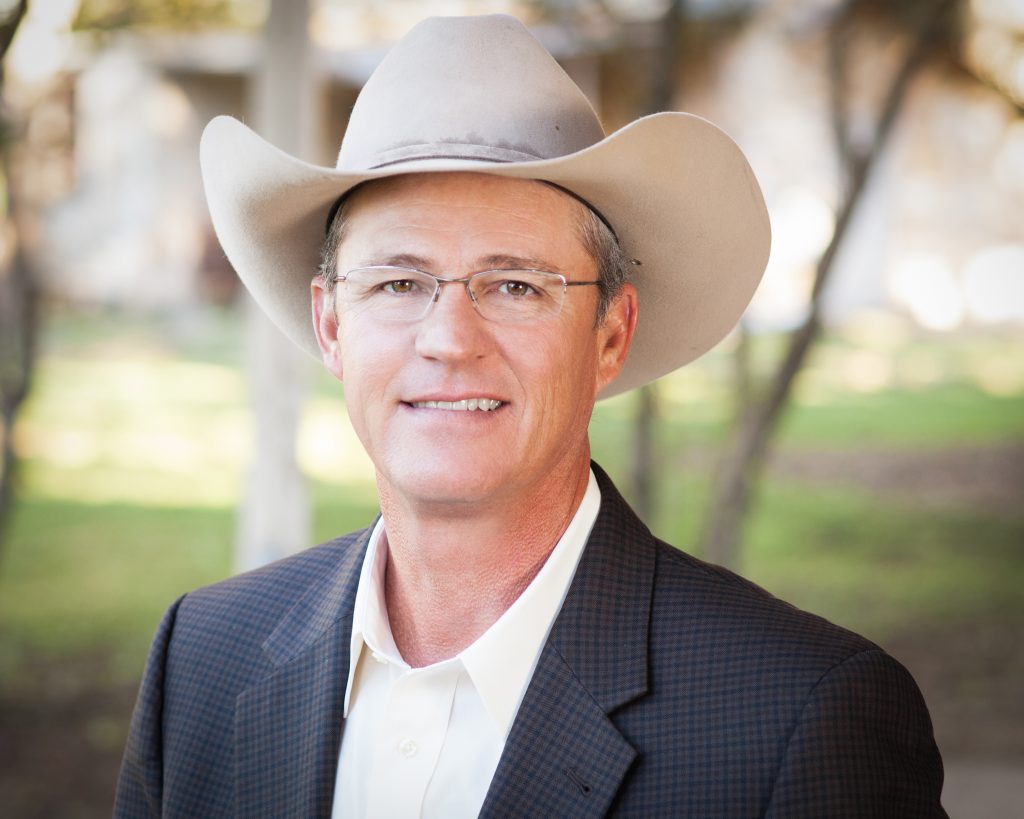by Austin Brown III, director, Texas and Southwestern Cattle Raisers Association
Bill Gates, the founder of Microsoft, is one of the richest and most well-known individuals in the world, so it raised eyebrows when he said, “rich nations should move to 100% synthetic beef.”
The comment came in an interview as Gates promoted his new book on climate change. Beef, steel and cement were all part of the conversation, but the interview and subsequent news stories focused on his comments about beef. There were some glaring omissions, though.
Most significantly, Gates has a considerable financial stake in the companies he is promoting, including Beyond Meats, Impossible Foods and Memphis Meats. The initial interview included a disclaimer, but the subsequent news stories did not, which is troubling. Gates stands to profit immensely from his position, a fact readers deserve to know as they decide his credibility on this issue.
As a cattle producer, I have financial incentives too, but I’m not proposing the most radical shift in human protein consumption since the stone age. Nor am I attempting to deny consumer choice by encouraging “regulation to totally shift the demand,” as Gates suggests.
The human health, ecological and economic consequences of such a dramatic change are largely unknown, but thankfully according to Gates, we “can get used to the taste difference.” Seriously?
He and others say it’s worth the risk to save the climate, but replacing beef will have little impact.
According to the Environmental Protection Agency, beef cattle only account for 2% of U.S. greenhouse gas emissions. What’s more, because the population of large ruminants — like cattle and bison — in North America has been relatively steady since before the industrial revolution, carbon’s natural flow from atmosphere to plant, to animal and back has not changed much. While cattle still produce greenhouse gasses, they are not responsible for the increase to blame for climate change.
U.S. cattle are also some of the most productive in the world, thanks to significant investments in animal health, welfare, nutrition and genetics. We produce 18% of the world’s beef with only 6% of the world’s cattle. That means we contribute fewer greenhouse gas emissions per pound of beef than many other parts of the globe, a fact Gates acknowledged in his interview.
He also admitted meat substitutes are too expensive for many “poor countries.” Unfortunately, “rich countries” are not made up of only rich people. As millions struggle to make ends meet, making food more expensive is a bad idea.
Beef is a vital part of the human diet because it is an affordable, nutrient-dense source of lean protein. Without animals, the U.S. would not be able to provide for our own nutritional requirements.
Cattle eat plants humans cannot, upcycling them into a high-quality protein, which is an essential part of feeding a hungry world. This is especially important when you consider 35% of U.S. land is too rocky, steep or arid to support cultivated agriculture — yet this land can support cattle and protein upcycling.
Though Gates, in his interview, does not explain how to overcome the monumental challenge of providing enough nutrition for Americans to exist on imitation proteins, he does take the time to push back on cattle producers’ calls for accurate labeling of imitation meats.
“There are all these bills that say it’s got to be called, basically, lab garbage to be sold,” he said. “They don’t want us to use the beef label.”
Gates is right about not using the beef label. We believe consumers should know what they’re buying and not be led astray by marketing or packaging that makes fake products appear to be real beef. In fact, Gates should welcome the differentiation if he believes so strongly in the products.
Unfortunately, purveyors of plant-based and lab-cultured imitation proteins want to trade on beef’s good name to sell their products, because few other benefits exist.
Fake meats aren’t healthier and they won’t save the planet, but their cost will put adequate nutrition out of reach for millions if Gates gets his wish. It’s a concept as out of touch as one could expect from the fourth richest man in the world.

